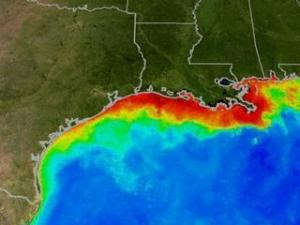
Summary:
The Environmental Protection Agency (EPA) has implemented a national plan to require water utilities to test the quality of drinking water for 28 contaminants. The EPA has declared that this is a major leap forward in the government’s efforts to recognize and control pollution from perfluorochemicals (PFCs), artificial developed chemicals that has been used in many stain-repellent coverings, non-stick cookware and water and grease-resistant coatings. Perfluorochemicals pollute drinking water and source water in at least 11 states and could be a serious threat to public health. The EPA’s water testing will help get rid of difficult environmental problems that our country encounters. The U.S. Centers for Disease Control and Prevention has found PFCs in the bodies of nearly all Americans over 12 years of age. The Environmental Working Group’s (EWG) tests of blood sample from 10 infants born in the
Relfection:
Testing for 28 contaminants is a lot to be testing now, this should have happened a long time ago, especially with perfluorochemicals being in common everyday items. You would think that non-stick cookware and water and grease-resistant coatings would be harmless for food and safe to consume since these materials touch your food as you cook. Things that are developed today should be tested for contaminants. There needs to be a more productive and quicker process to get results. If they can put a man one the moon, testing for toxins should be no problem.
Questions:
1) Do you think this problem will ever go away? Why or why not?
2) How do you think we can prevent contaminants from getting us sick?
3) What are 3 states you think already have perfluorochemicals and why?


